Have you ever seen your horse eating manure and worry why?
Surely they would not naturally have such a disgusting habit. Well, there are many different reasons for why a horse may consume his own manure.

Coprophagia is the scientific name for eating manure. It is of the Greek origin, from the words "kopros" for feces and "phagein" for eating. Coprophagia can occur because a horse is trying to raise the microbial population in their hindgut. Feeding prebiotics and probiotics will aid the horse in maintaining a healthy gut flora, ensuring they will have optimal digestion for their feedstuffs. Horses on antibiotics are even at a greater risk of having a poor microbial population in their gastrointestinal tract. Antibiotics kill both the good and bad bacteria in the gastrointestinal tract. Eating manure can help a horse replenish the beneficial bacteria that it needs for proper digestion. For this reason, prebiotics and probiotics are not only benefit for a healthy horse, but CRUCIAL for a horse that is receiving antibiotics.

With that said, the most common reasons a horse will eat manure is from a lack of/or an inappropriate feed program, stress, or just plain boredom. A horse's digestive tract is designed to consume fiber continuously throughout the day. For that reason, a horse should be allowed to graze and/or have access to forage all day long. Horses, like people, have different metabolisms. As you know, some horses will most certainly be overweight when allowed forage all day long. In this case, you need to consider the type and quality of forage that you are feeding him. Don't feed alfalfa or top quality grass hay if the horse is an "easy-keeper". If possible, you could feed small, frequent feedings instead of two large meals. A horse lacking roughage and the ability to chew on something throughout the day will go in search of fiber to chew on, whether it is wood, other horses'ª manes or tails, shavings, or manure. Manure also contains some nutrients that weren't digested when traveling the gastrointestinal tract. If a horse's diet is not meeting their nutritional needs (especially minerals and vitamins) they may resort to eating manure (coprophagia). Make sure that you are feeding any supplement or feed as labeled by the manufacturer's recommendations. Free choice salt should always be available, as well. Stressed horses may also start eating manure. Horses are routine animals; they like to be fed at the same time every day. They feel safe in the same stall, with the same companions, with the same training schedule. A horse being moved from pen to pen, fed at 7 a.m. on one day and 10 a.m. the next day never get a chance to develop a routine. In order to comfort themselves in a new environment or an uncertain routine he may develop this habit to cope.

Boredom equals bad habits, most likely resulting in coprophagia. A single horse with no stimulation or companionship is potentially bored. To help combat coprophagia, hang a hay net outside in their run or the alleyway. This will allow your horse to watch the "going-ons" and munch while he does. Like dinner and movie for your horse. Horses are habit creatures. Therefore it is important to note, that if your horse continues to eat manure after making these changes it has already become a habit. Habits developed can be hard to break. Frequent cleaning of stalls and paddocks is very important, along with a good deworming schedule. Horses begin eating manure for a reason, whether that is stress, boredom, nervousness or, an imbalance in their feed and vitamins and minerals. Toys, companions, slow feeders, prebiotics and probiotics are good places to start.
Check and make sure your equine supplements have the right quantities of prebiotics and probiotics; this is an easy way to cover your bases and are always beneficial. We recommend Equine Gut Guard with just the right amount of live probiotics, predbiotics & live yeast.

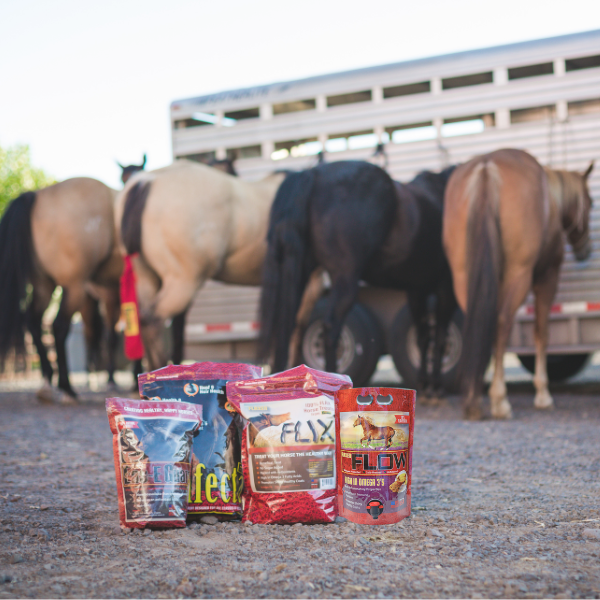
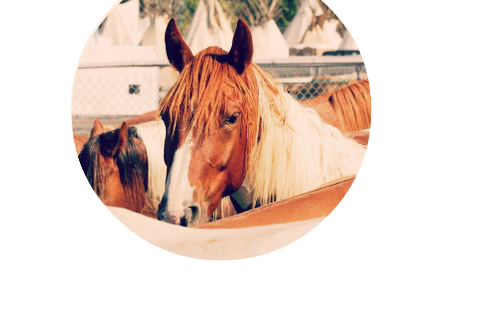
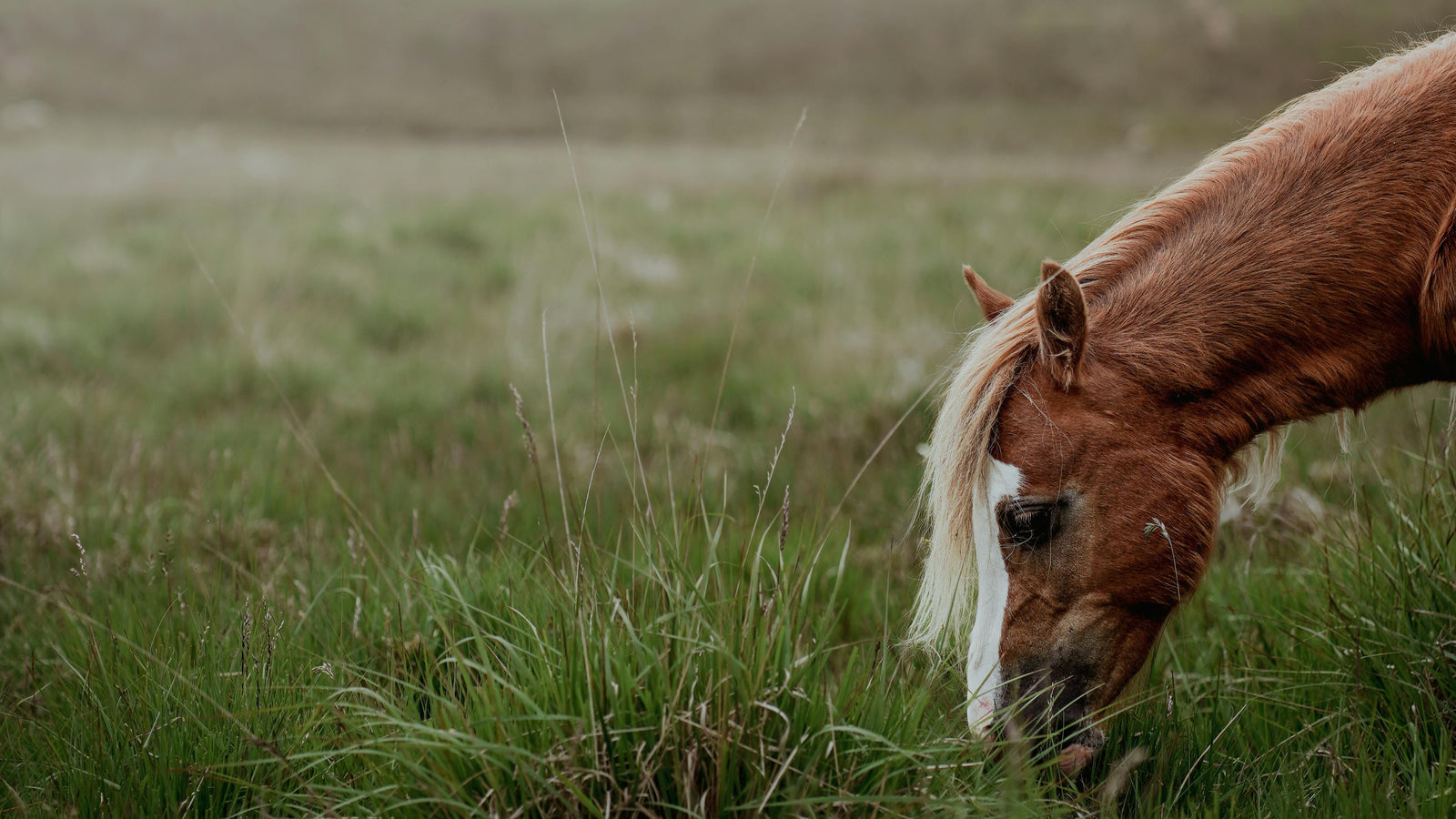
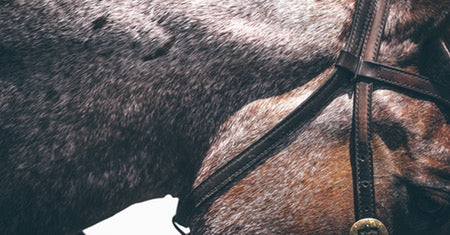
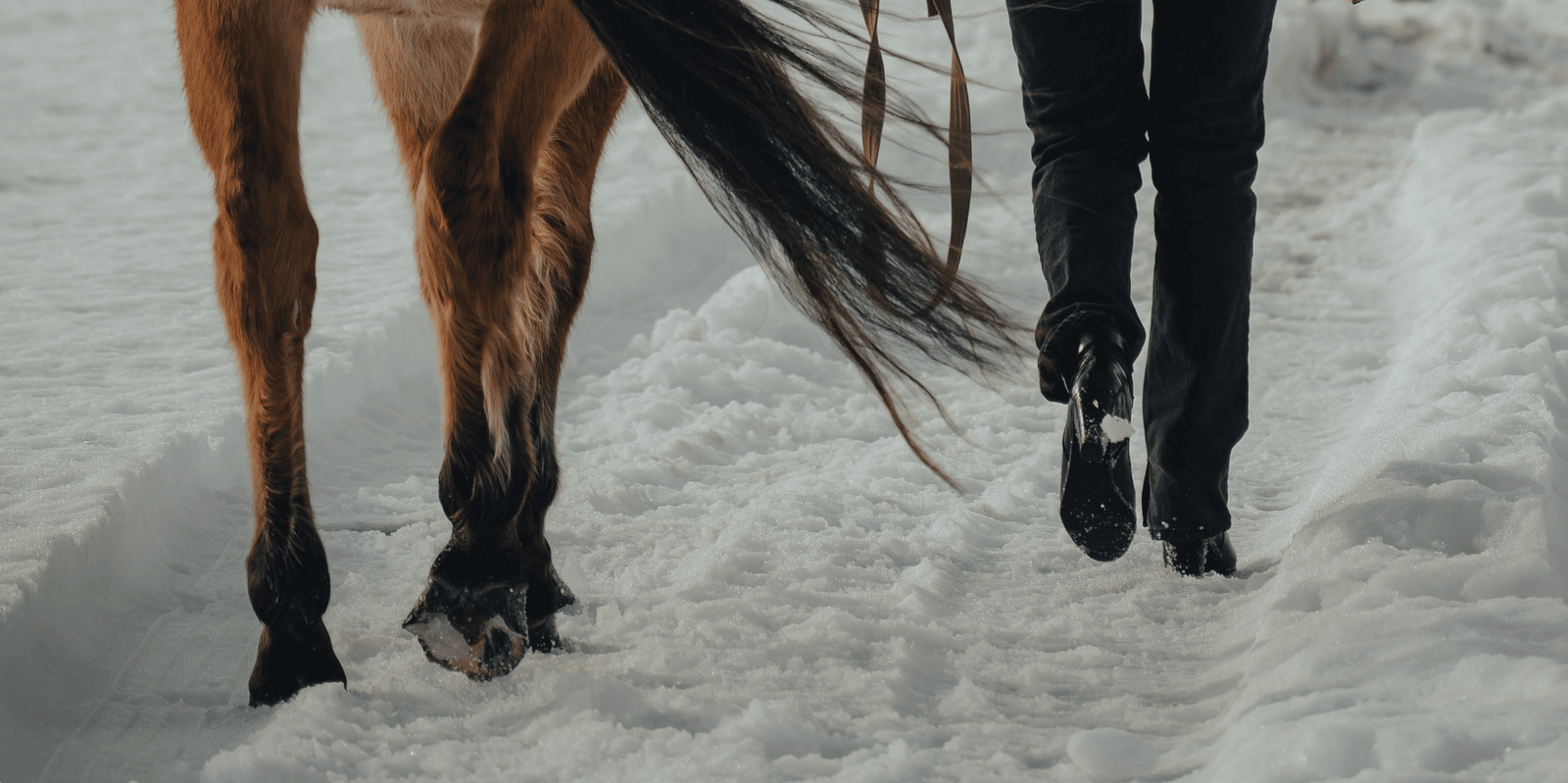
Jamie Brewer
January 06, 2021
older horse.. eating manure so wondering if it is ok to worm her during cold winter months.. she is on grass alfalfa pellets.. straight grass.. triple crown complete.. vitamin e and omegas.. and bute less.. we lost her life long companion this February to colic.. 2020 was a bad year all the way around.. any suggestions greatly appreciated